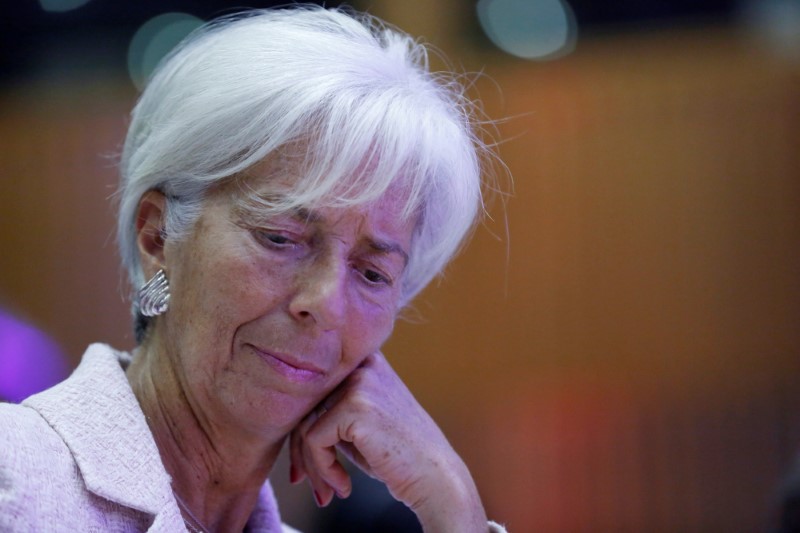By Gergely Szakacs
CLUJ-NAPOCA, Romania (Reuters) - Prime Minister Viktor Orban is rallying support among ethnic Hungarians in central Europe as he pushes for the rejection of European Union migrant quotas in a referendum on Oct. 2.
At home, Orban, 53, is running a billboard campaign urging Hungarians to vote against what his government has called a dangerous European Commission proposal to distribute migrants and refugees across EU member states.
For Orban, the quotas represent a challenge to Hungary's sovereignty and an attempt to change the ethnic and cultural make-up of the country against its will. He hopes the vote will give him a mandate to challenge Brussels.
But for the referendum to be valid, Orban will need half of all eligible voters, or at least 4.23 million people including ethnic Hungarians outside the country, to cast a vote - a high bar after referendums on Hungary's EU and NATO membership failed to break above the 50 percent turnout.
This time Orban hopes to tap into rising anti-immigrant sentiment and fears of Islamist militant attack to get people to vote.
Last year hundreds of thousands of migrants crossed Hungary, mainly from the Middle East, North Africa and Asia, en route to richer northern Europe. Orban's government built a razor-wire fence on the southern border to halt the flow, a move criticised by rights groups.
"Did you know that since the start of the migration crisis, more than 300 people died in terror attacks in Europe?" asks one of the government's latest adverts.
FERTILE GROUND
Even in the restive regions of Romania, which, unlike Hungary, have no first-hand experience of the migration crisis, anti-migrant sentiment is running high and messages feeding these concerns are falling on fertile ground.
"In my view, and I think it is clear, there have been quite a lot of problems since the migrants arrived," said Karoly Balla, 61, selling hand-woven textiles with his wife at a folk market in the centre of Cluj-Napoca.
"If you look at France, where migrants came in a long time ago, there are major troubles. We would not want that."
Balla said he would vote on Oct. 2 to reject the quotas.
Several million ethnic Hungarians live in Romania, Serbia, Ukraine and elsewhere, descendants of Hungarians who found themselves outside their homeland when the country's borders were redrawn at the end of World War One.
Using a change in the rules pushed through by Orban's Fidesz party, nearly a million members of the diaspora have applied for Hungarian citizenship, which gives them the right to take part in Hungarian elections, including the referendum.
More than 150,000 of them cast their votes at the 2014 election, helping to re-elect Orban with a two-thirds majority. The ranks of those eligible to vote have since increased to more than 250,000 and could rise further.
Budapest has launched a court challenge against the plan to set quotas for each EU country to host a share of migrants. The EU is also discussing a change to asylum rules that would require member states to accept a quota of refugees or pay a penalty for them to be housed elsewhere.
The head of Hungary's National Election Office was touring ethnic Hungarian areas this week. The message at Wednesday's stop in Romania, home to the biggest ethnic Hungarian community in the region, was simple - make sure your vote counts.
"It is important that voters ... are able to fill in these postal ballots as precisely as possible," Ilona Palffy told reporters at the Hungarian consulate in Cluj-Napoca.
'MAGICIAN'
Orban is due to address ethnic Hungarians on Saturday in the Romanian town of Baile Tusnad, the stage of his speech two years ago on building an "illiberal state," which earned him rebukes from the domestic opposition and some foreign capitals.
"If there is one more vote, you never know. One more vote could make the difference," said Reka Fabian, 39, a potter selling goods at the folk market, who said she was leaning towards rejecting the EU's migrant quotas.
Whatever the turnout, a foreign diplomat in Hungary said Orban, "a magician in how he sells things," would be able to spin the referendum result to his advantage.
Any solid rejection of the scheme could be a boon for Orban ahead of a 2018 election. His hard line on migration has bolstered support for the ruling Fidesz party despite earning him condemnation from organisations such as the United Nations.
By the next election, Budapest expects the ranks of diaspora voters will have reached a million. With 80 percent of them eligible to vote according to government data, that would be equivalent to one-tenth of the domestic electorate.
But for a younger generation, who have filed for citizenship for practical reasons such as easier access to jobs abroad, the notion of casting a vote on an issue affecting the lives of citizens in a neighbouring country is anathema.

"I do not plan to vote and I think a lot of my friends will stay away," said Lorant Korodi-Vass, 24, a student drinking at an open-air bar popular among local Hungarians. "It would have no relevance whatsoever for us to vote on an issue like that."
